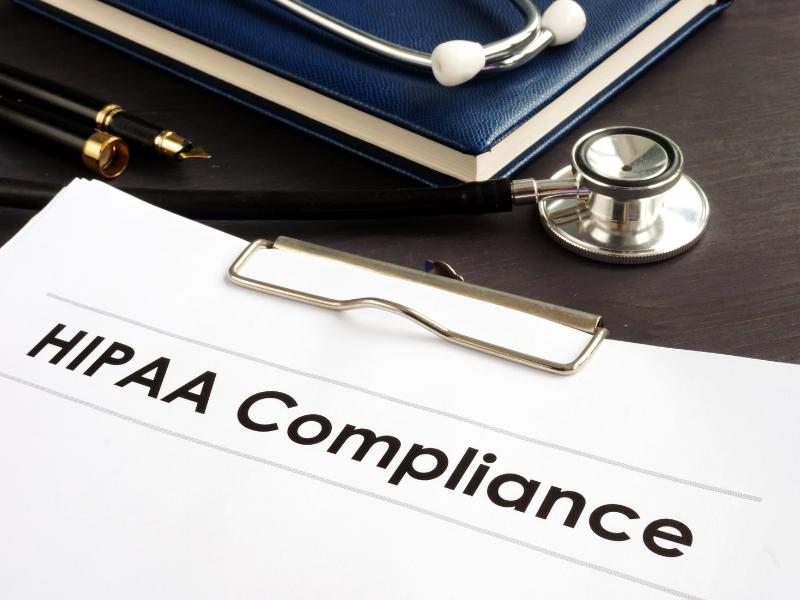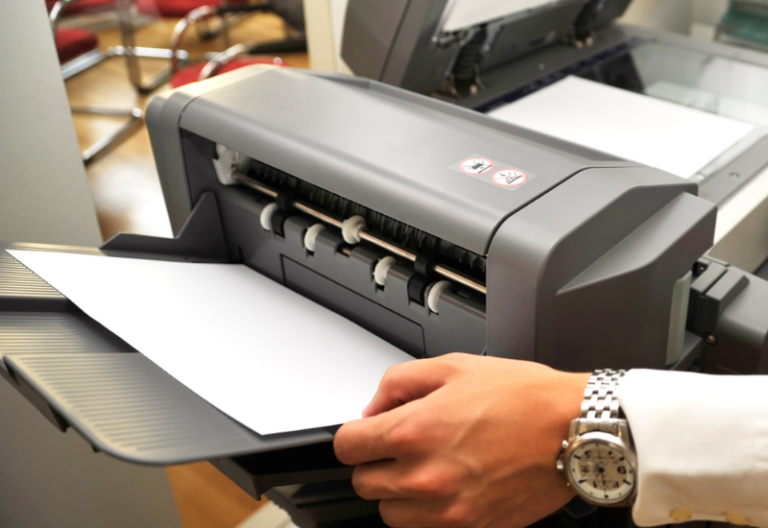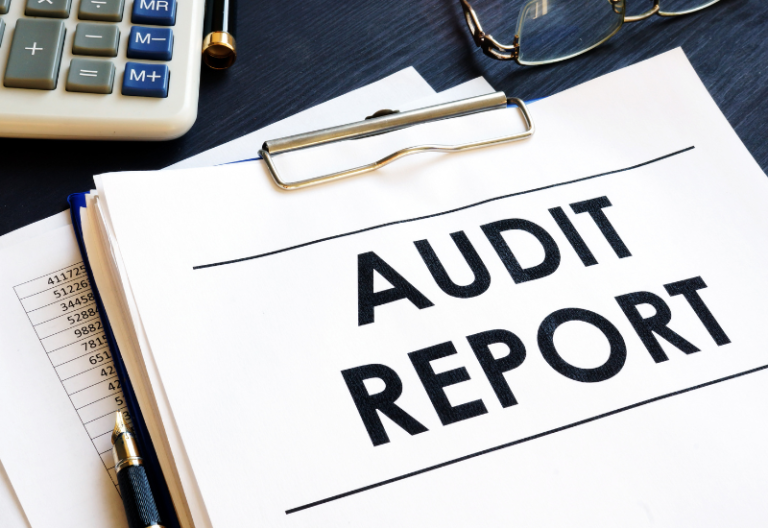Employees are crucial in ensuring compliance with the Health Insurance Portability and Accountability Act (HIPAA). While healthcare organizations have responsibilities, employees with access to protected health information (PHI) and who interact with clients are also vital in preventing HIPAA violations.
This comprehensive guide shows how employees can prevent HIPAA violations and promote HIPAA compliance in the workplace, ensuring patient privacy and safety.
Table of Contents

The Role of Employees in HIPAA Compliance
Securing PHI is not only the job of an organization’s HIPAA Compliance Officer or Security Officer. Employees across all roles in a healthcare setting play a pivotal role in maintaining the confidentiality, integrity, and availability of patient information. Whether in administrative, clinical, or support positions, each employee contributes to protecting patient data.
Several case examples from the Department of Health and Human Services (HHS) show that employees’ HIPAA violations are common in organizations. In one organization, an employee’s supervisor accessed, examined, and disclosed an employee’s medical record without authorization. In another healthcare facility, a staff member discussed sensitive medical information with a patient in the waiting room, exposing PHI to others. Patient information on computer screens was also easily visible. Meanwhile, a dental practice placed a red sticker with the word “AIDS” on the outside cover of medical records, making it visible to unauthorized individuals.
These are just a few of the numerous case examples of HIPAA violations in the workplace. They illustrate that every staff, including management, should be aware of HIPAA Rules. Not knowing these rules can lead to disciplinary actions for employees. Organizations also have to take responsibility for their employees’ irresponsibility and face legal trouble and additional expense in the form of settlements.

5 Best Practices for Employees to Prevent HIPAA Violations
There are different ways employees can prevent HIPAA violations in the workplace:
1. Adhere to security measures
Vigilant implementation of security measures is crucial in safeguarding electronic PHI (ePHI) and physical records. Employees should take the following steps:
- Create strong and unique passwords.
- Encrypt all data in storage or transit.
- Change passwords regularly.
- Never share login credentials with others.
- Limit access to patient information to those with a legitimate need.
2. Report incidents promptly
Employees should promptly report any potential HIPAA violations or breaches they become aware of. When employees observe suspicious activities or potential HIPAA violations, it’s best to take caution and report the incident. Doing so allows organizations to take appropriate actions to mitigate risks and comply with breach notification requirements.
3. Avoid discussing PHI in public
Employees should consistently follow privacy practices, such as not discussing patient information in public areas and taking precautions when communicating with patients or other healthcare professionals.
4. Secure mobile devices and digital communication
With the rise of remote work and the use of mobile devices, employees must be mindful of securing devices that access PHI and avoid unauthorized access. To secure devices and online communication, follow these tips:
- Secure workstations and electronic devices.
- Lock screens when away from computers.
- Properly store physical documents containing patient information.
- Use encrypted emails and secure messaging systems for sharing patient information.
- Avoid discussing sensitive patient information in public or non-secure networks.
5. Properly dispose of PHI
Improperly disposing of PHI is a common HIPAA violation. For instance, employees may throw documents in trash bins or dispose of containers with their labels intact. Following HIPAA best practices when disposing sensitive health data will help ensure privacy and patient safety.
Always shred physical documents containing protected health and personally identifiable information. Wipe data from electronic devices before disposal or recycling.

Recognizing and Reporting HIPAA Violations in the Workplace
HIPAA violations may be easy to miss if employees aren’t familiar with the HIPAA Privacy Rule and Security Rule. The HHS’ HIPAA for Professionals provides employees with a resource outlining HIPAA regulations and requirements. Attending regular HIPAA training and understanding an organization’s privacy and security protocols will also help employees recognize and properly report potential HIPAA violations.
HIPAA Training and Education for Employees
To effectively prevent HIPAA violations, employees must have sufficient knowledge of the regulations and the importance of securing PHI. Regular HIPAA training programs are crucial in keeping employees informed about their responsibilities and the latest changes to HIPAA regulations.
Properly trained employees are better equipped to handle sensitive patient information, recognize potential risks, and follow HIPAA guidelines. The HHS also provides comprehensive training materials on its website, covering both Privacy and Security Rules.
Creating a Culture of HIPAA Compliance in the Workplace
Preventing HIPAA violations requires a collective effort from every employee in a healthcare organization. By providing training, fostering a culture of compliance, and empowering employees with the knowledge to safeguard patient information, healthcare facilities can ensure patient trust and uphold the highest standards of privacy and security.







